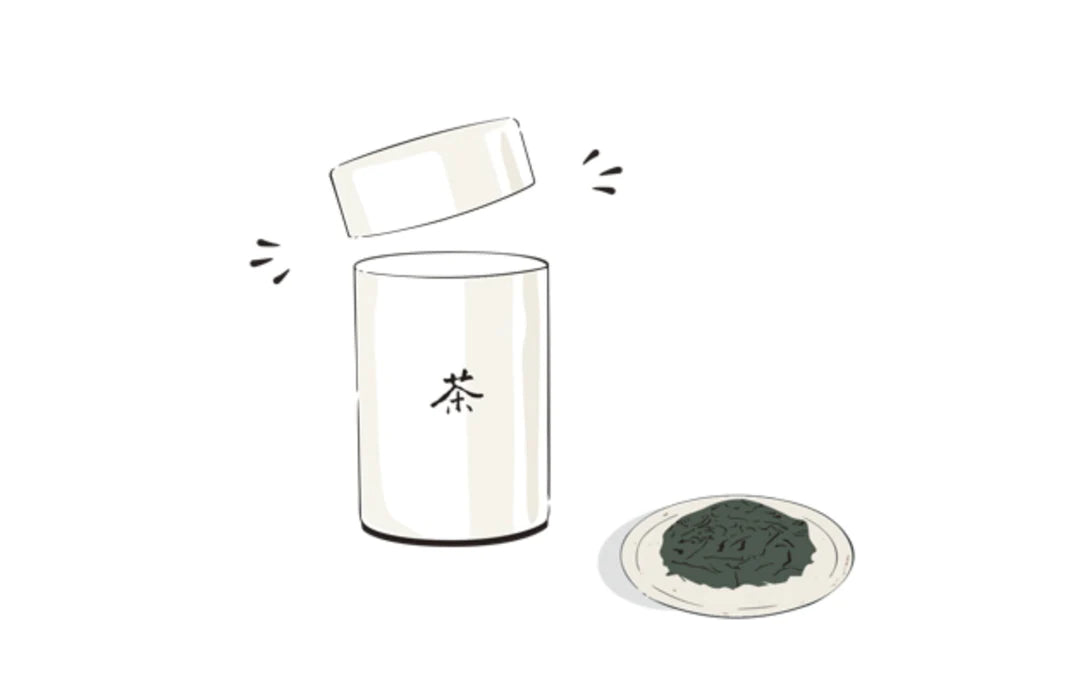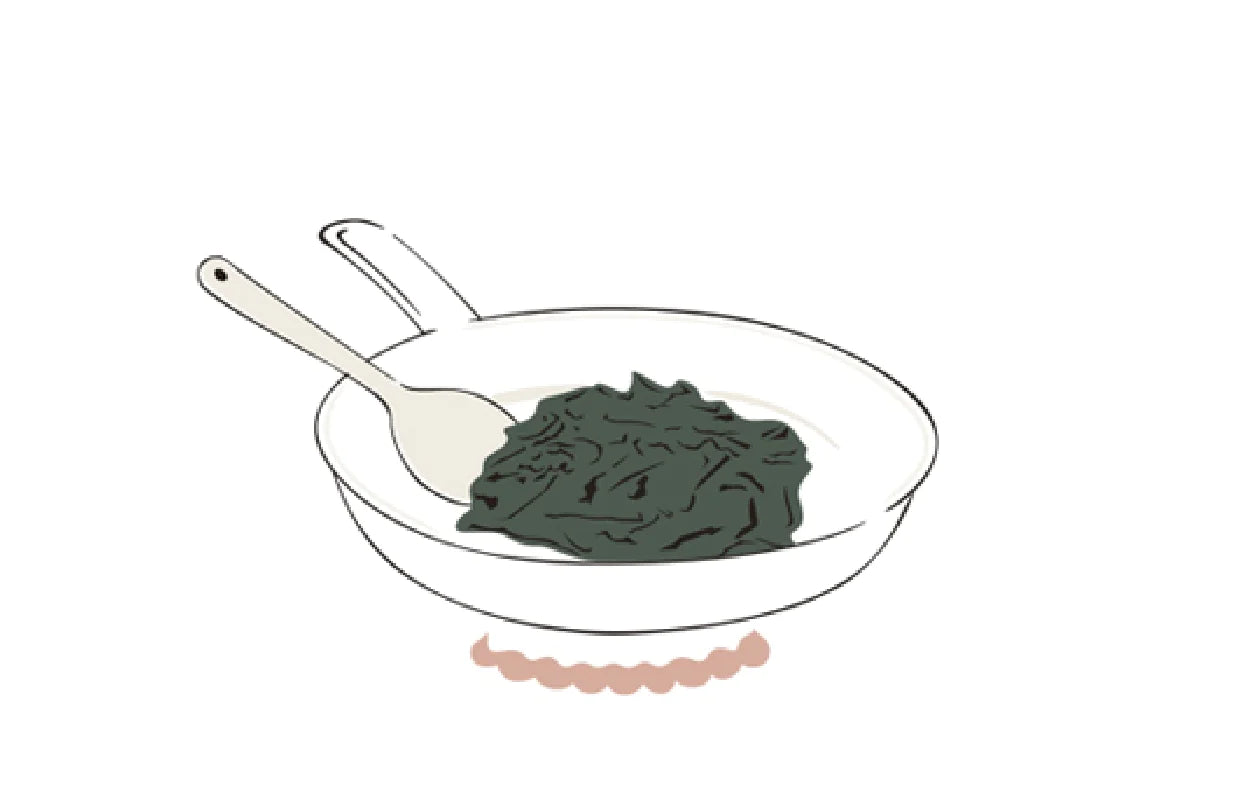It is recommended to purchase tea in small quantities and use it within about 2 weeks in the summer and 1 month in the winter after opening. Once opened, store the tea in an airtight container like a can or a zip-lock bag, and keep it in a cool, dark place. *Avoid storing opened tea in the refrigerator or freezer, as it can absorb moisture and odors easily.
For unopened tea, store it in the refrigerator or freezer. However, to avoid condensation on the surface due to temperature differences, always let the tea return to room temperature before opening. Additionally, even when unopened, avoid repeatedly moving the tea between room temperature and the refrigerator/freezer to prevent deterioration.
Tea is often considered as durable as dried goods like seaweed or bonito flakes, but it is very delicate and its quality can change rapidly. Here are some tips for properly storing and enjoying your tea.
Tea is affected by oxygen, humidity, (high) temperature, light, and surrounding aromas. It is important to avoid these factors to preserve its flavor and prevent discoloration.
Factors that damage tea
| Oxygen | When tea leaves are exposed to air, oxidization causes a decline in flavor. The brew color (suishoku) also becomes darker, losing its vibrant hue. Humidity: Exposure to air also makes the tea leaves absorb moisture, leading to deterioration in taste and aroma. Temperature: High temperatures cause oxidization of the tea leaves, resulting in the browning of their color (shikitaku) and brew (suishoku), which accelerates degradation. |
|---|---|
| Humidity | The moisture of the tea increases and this facilitates oxidization. It affects all aspects including taste and colour. |
| Temperature | They influence the chlorophyll in the tea leaves and turn the green colour of tea leaves and the liquor brown. |
| Light | Tea is sensitive to light. Exposing tea leaves to the light can lead to quality deterioration. |
Storage Tips


Expiration Dates of Tea
The expiration dates for all products apply only to unopened items. The expiration date is a guideline for the period during which the product can be enjoyed at its best. While it does not mean the product will immediately spoil or become undrinkable after this date, the flavor and appearance may deteriorate. Therefore, it is recommended to consume the product within the indicated period. During summer and the rainy season, the environment can cause products to deteriorate more easily. Thus, even unopened products may experience a decline in quality before the expiration date, depending on storage conditions. After opening, aim to use the product within 2 weeks in summer and within 1 month in winter.
If Tea Gets Old


You can make homemade hojicha by slowly roasting it in a frying pan. Roast over very low heat, stirring constantly to avoid burning. It's ready to use when the tea turns golden brown. Make sure to ventilate the room as the process produces smoke.




